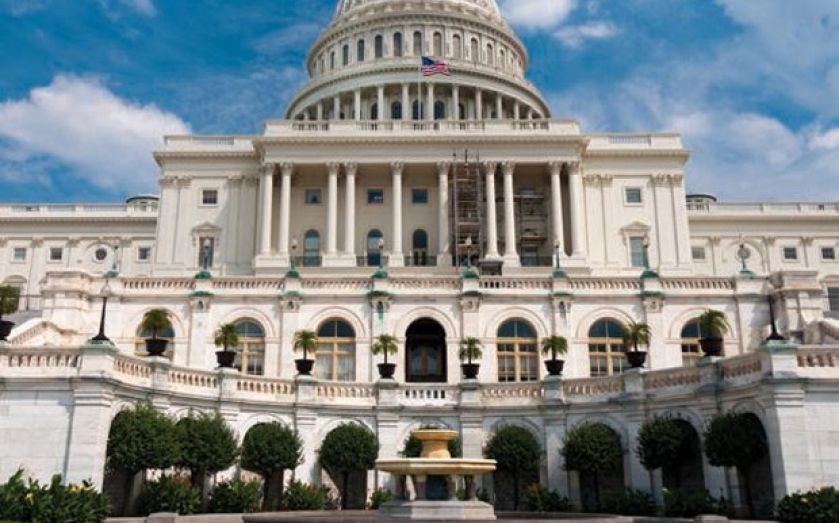CNBC Comment: US debt limit debate is the real decider

SINCE the Fed surprised us by deciding not to start tapering its stimulus programme, we’re back to listening to what Fed members happen to say on the sidelines of events and finding momentum elsewhere. The two big themes to focus on next are the European Central Bank’s (ECB) rate setting meeting tomorrow, and the impact of US funding negotiations.
Before Washington sorts out its fiscal issues, major asset classes will stay somewhat range-bound. Yesterday was the official deadline, when US government funding expires for a number of federal programmes. We didn’t die. In fact, as political negotiations continue, bear in mind that, during the last bigger US government shutdowns (there were three between November 1995 and January 1996), equity markets actually rose.
In the grander scheme of things, Europe and the US are much more stable than a few years ago. The crucial date for our diaries is 17 October, when the Treasury is set to reach its $16.7 trillion (£10.3 trillion) borrowing limit unless lawmakers agree to raise the debt ceiling allowed.
With a US presidential election in 2016, it could be in the interest of both Republicans and Democrats to take current negotiations as close to the wire as possible to make the opposing side look bad. But thinking back to the August 2011 debt ceiling crisis, lawmakers took negotiations so close to the brink that Standard and Poor’s downgraded the US credit rating. If lawmakers fail to raise the debt ceiling, or if negotiations become severely drawn out, the US credit rating could again be at risk. The public might also feel the impact of routine payments, like Medicare and military salaries, being scaled back.
In the past, the US dollar has also rallied when previous US government sticking points were resolved – even with delays to the talks. All analysts I have spoken to think it is reasonable, once again, to expect an eleventh hour debt ceiling deal to be reached. If this happens, the dollar could rally a bit.
Focus is also squarely back on the ECB. Following a recent spat of stronger economic data from the Eurozone, nobody is expecting a change in rates. On top of that, many think the ECB has taken the upper hand to the Fed on forward guidance, even if it means erring on the side of caution and keeping guidance particularly vague. Mario Draghi recently left the door open to potential further Long Term Refinancing Operations (LTROs), so no doubt he will be asked about this during the ECB’s regular press conference. With liquidity constraints continuing in the banking sector, the ECB may just decide that the promise of bond buying through its Outright Monetary Transactions programme isn’t enough.
Louisa Bojesen is anchor of CNBC’s European Closing Bell. Follow her on Twitter: @louisabojesen
- Is a dysfunctional political system in the US a serious risk to global economic stability?
- Markets tumble as US budget deadline looms
- US politicians at loggerheads on health spending